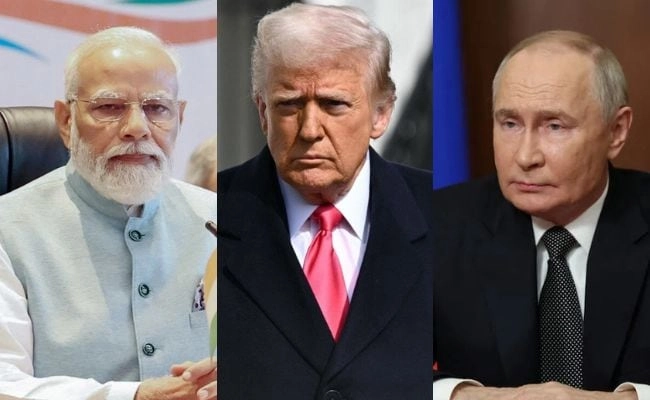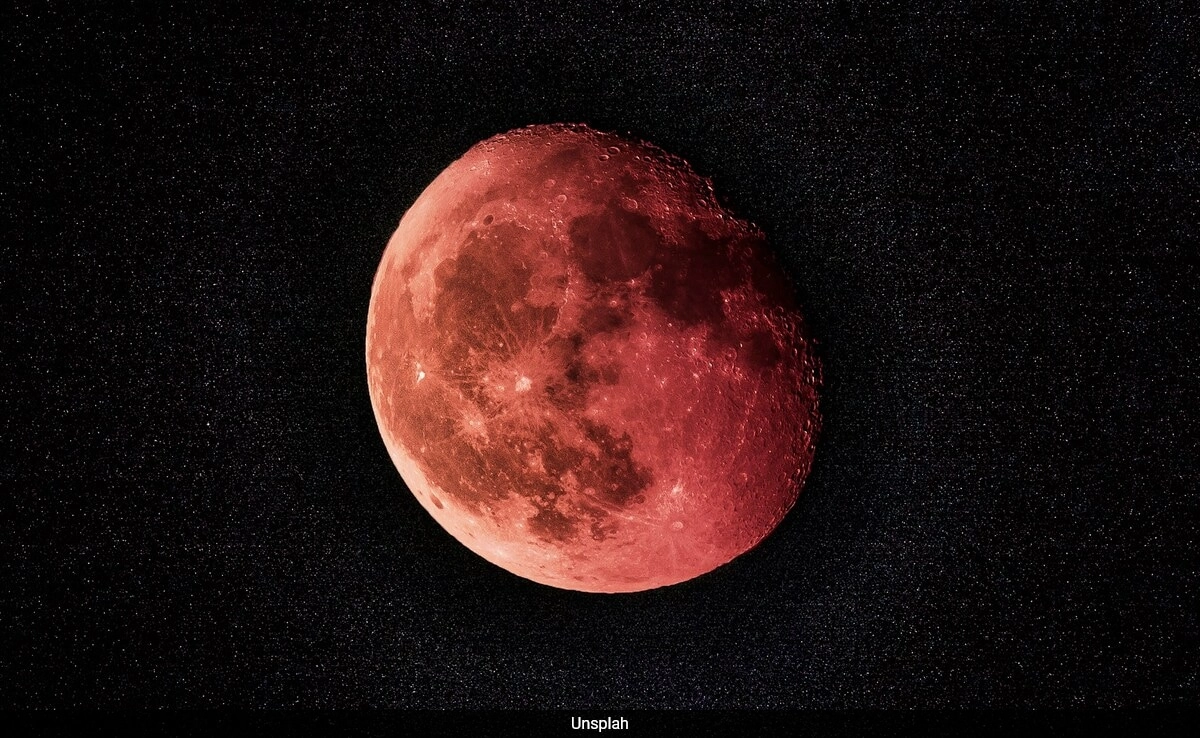The complex political landscape surrounding India-Russia oil ties has gained renewed attention, especially in the context of fluctuating global markets and the impact of U.S. tariffs. As the world’s third-largest oil importer, India has been strategically diversifying its energy sources to ensure a stable supply. The relationship with Russia, a significant player in the global oil market, has been pivotal in this regard. Historically, India and Russia have maintained strong diplomatic and economic ties, which have only strengthened in recent years as both countries seek to navigate the challenges posed by Western sanctions and trade policies.
Amid the tumult of U.S. tariff policies, particularly during the Trump administration, India’s oil imports from Russia have provided a buffer against potential supply disruptions from other regions. The U.S. has often exerted pressure on its allies to reduce dependency on Russian energy, citing national security concerns and geopolitical tensions. However, India’s growing energy demands and its commitment to energy security have led it to continue fostering its relationship with Russia. This dynamic showcases the balancing act that India must perform, as it navigates its foreign policy while ensuring access to essential resources.
Additionally, the ongoing geopolitical rivalry and shifting alliances have made the oil trade an essential aspect of international relations. With oil prices subject to volatility due to various factors, including OPEC+ decisions and global economic conditions, India’s partnership with Russia allows it to secure favorable pricing and long-term contracts. This relationship is not merely transactional; it reflects broader strategic interests, including defense cooperation and technology transfer. As India seeks to enhance its energy security, the collaboration with Russia is likely to remain a key component of its foreign policy framework, notwithstanding pressures from Western powers.
In conclusion, the intersection of crude oil politics and international diplomacy exemplifies the complexities inherent in India-Russia relations. As global markets evolve and new challenges emerge, India’s reliance on Russian oil underscores a pragmatic approach to energy security. The ability to navigate these geopolitical currents while maintaining beneficial partnerships is critical for India as it aims to solidify its position as a major player on the global stage. Thus, the dynamics of India-Russia oil ties will continue to be influenced by both domestic needs and international pressures, shaping the future of their bilateral relations.




